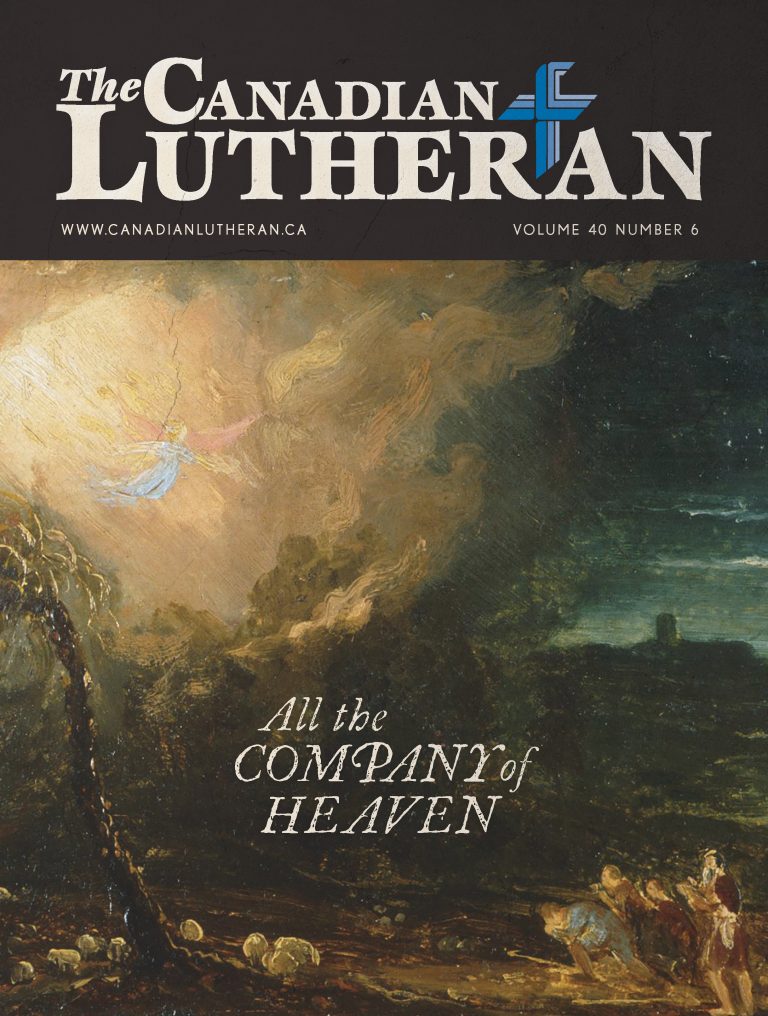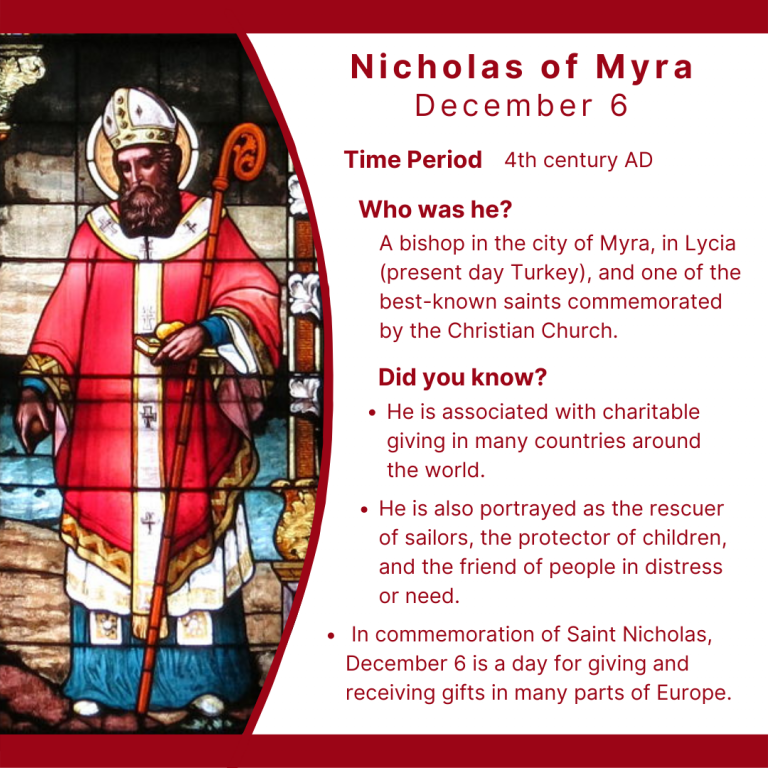New Structures: Thinking and Praying
by Robert Bugbee

Rev. Dr. Robert Bugbee
The first Christian congregation had a problem its members did not foresee at first. Their church grew, and fast. It worked in two languages. Its primary leaders came from one of those language groups. Widows from the other group (who spoke Greek) were missed in a daily food distribution, since this loving church sought to feed its needy members. With a language barrier and huge membership, it’s understandable that individuals sometimes fell between the cracks. This was before the days of government assistance.
They called a meeting. The apostles made a proposal: Let’s create a group of seven to focus on this food distribution. Members approved this change. Spirit-led servants were identified. An installation was held. The apostles were freed up for their primary responsibility, prayer and the proclamation of Christ’s Good News. Now that Word got out more effectively. Read about it in Acts 6:1-7.
Scripture doesn’t say the Lord commanded the establishment of this new group. At the same time, I don’t assume God frowned on it. The church took this step in Christian freedom. The new arrangement was not good just because it was new. At the same time, the new arrangement was not wrong merely because it was different. The goal was to clear obstacles aside so that the saving message of Jesus would reach more people, and that those who already trusted Christ would be deepened in their faith.
We don’t have a “model constitution and by-laws” in the New Testament. Maybe you think it would be better if we did. Then we wouldn’t have to agonize over how to structure the work we do together; we could just copy that model from the Bible and distribute it to church members.
The Lord didn’t work that way. In wisdom, He knew Christ’s church would have to cope with differing situations. It had to function in a world where the Gospel was outlawed and driven underground. It later carried on in empires where rulers supported it and put the whole weight of government into strengthening the church’s grip on certain areas and people groups. It functioned where “democracy” had not yet been developed, and it would have been hard to ask simple people to vote on anything, since many of them couldn’t read. It had to function in places where the village pastor might be the only person with any formal education.
Now we’re in times when any number of church members are experts in many areas, and where people want the wisdom of a certain idea explained a bit before they can really embrace it. The Lord knew that churches would have to be flexible enough to adapt to changing circumstances. As a result, when it comes to governing structures, there is room for differing judgments and solutions.
Over 2000 people from our Synod’s family recently took part in a national survey that asked their impressions on how we might change our governing structures. Now we are in a period where the Commission on Constitutional Matters and Structure (CCMS) is bringing together discussion groups to talk about the responses to the survey. I do hope such a discussion will happen in your local congregation or in a circuit forum involving parishes in the area. Ask your pastor or circuit counselor about having such a discussion if one hasn’t been scheduled near you already.
We still don’t have a “model constitution and bylaws” recorded in Scripture. I can report honestly that the CCMS has not decided upon details of a new structure it will now go out and “push” on all the rest of us. There is plenty of room for talking and listening in all of this. There are judgments to be made. There are different ways in which this or that could be configured in the future.
This does not mean that structures should be shaped mostly by what you want or what I think. “Let the word of Christ dwell in you richly,” wrote the apostle (Colossians 3:16). The first Christians in Jerusalem showed that concern when they set up their commission for food distribution, even though God had not expressly commanded it. They wanted to clear roadblocks aside, so that the Word of Christ could get out better.
I have become persuaded that our current structures in Lutheran Church–Canada have loaded us down so that we use up far too much energy maintaining our machinery, when we need to be freed up to get the Word of Christ more richly into people’s lives. Our land is full of people who do not confess Jesus and do not know His Good News. Anything new we devise must address itself to that critical need.
I have become persuaded that our current structures in Lutheran Church–Canada have loaded us down so that we use up far too much energy maintaining our machinery, when we need to be freed up to get the Word of Christ more richly into people’s lives.
Again, our New Testament provides no “model constitution.” When it comes to a new structure for LCC, it’s going to take a lot of sanctified thinking. And praying for the Lord’s guidance is sorely needed. I hope you’ll help the family with both.
———————



